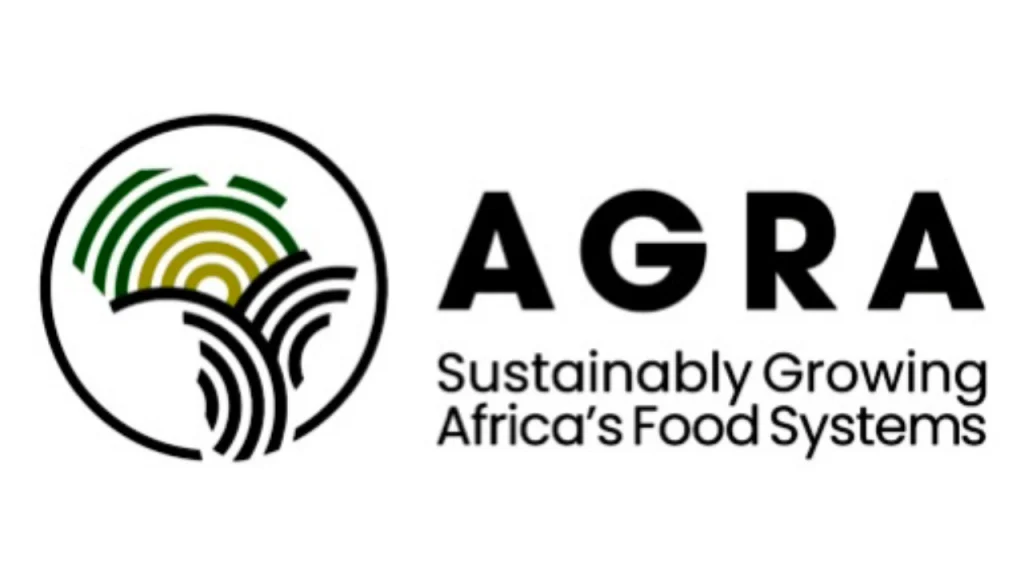- AGRA aims to boost agricultural productivity but faces criticism over impact.
- The organisation is adapting strategies to better support smallholder farmers.
AGRA: Agricultural transformation efforts
The Alliance for a Green Revolution in Africa (AGRA) began in 2006. Its goal is to transform African agriculture and improve food security. AGRA promotes higher crop yields by encouraging the use of improved seeds and fertilisers. It works with governments, private companies, and farmers to strengthen food systems. AGRA aimed to double incomes for 20 million farmers and cut food insecurity in half across 20 countries by 2020.
However, many critics say AGRA has not met these goals. For example, the Alliance for Food Sovereignty in Africa and others argue that after 15 years and over $1 billion spent, progress is limited. In fact, food insecurity increased in some places. Critics also claim that AGRA focuses too much on industrial farming. This approach can reduce crop diversity and harm the environment.
Also read: Kasetsart University: A legacy of agricultural excellence
Also read: UNIPAKNILE: A significant player in agricultural packaging solutions
AGRA: Responding to criticism and adapting
In response, AGRA has started adjusting its methods. It now emphasises more sustainable and inclusive farming practices. This includes supporting climate-smart agriculture to help farmers adapt to changing weather. AGRA continues to partner with governments and organisations to promote innovation and policy reform.
The organisation recognises the need to better serve smallholder farmers and protect natural resources. While challenges remain, AGRA is committed to improving food security a

